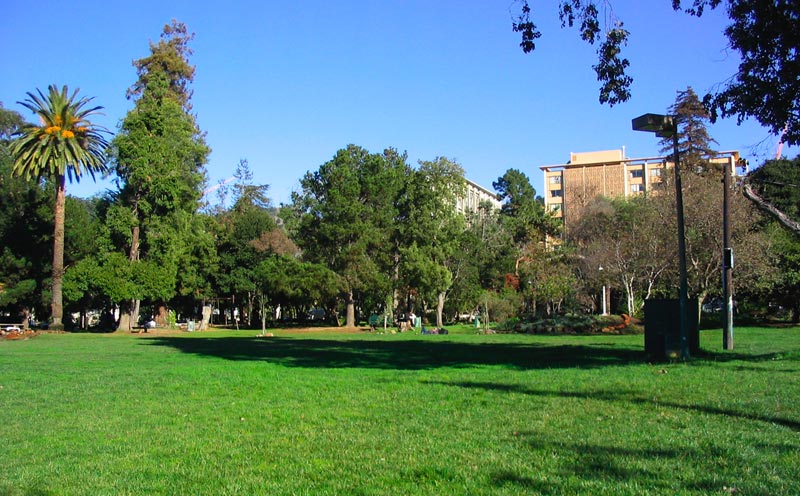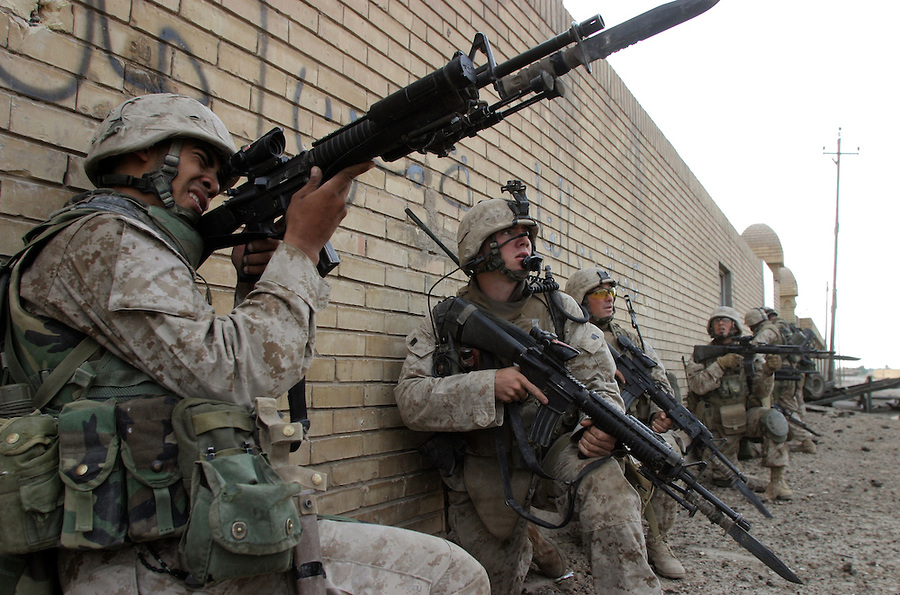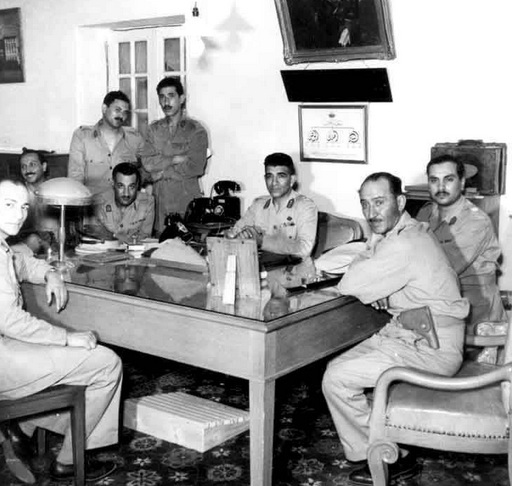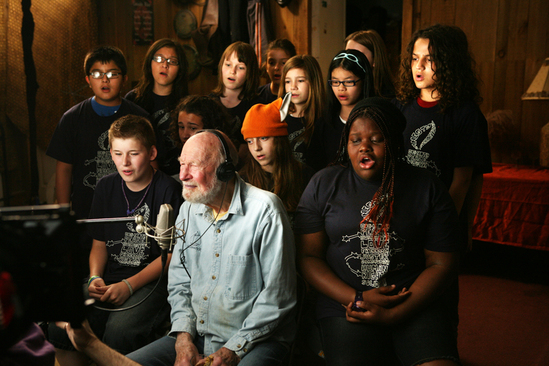The Left Opposition in Greece (1930)
Towards a Genuine Communist Party
Raymond Molinier and Pavel Okun from International Bulletin of the Left Opposition No.2, 1930
The development of the Communist movement and the Left Opposition in Greece followed a special course. The pre-war working class of Greece did not have any Social Democratic traditions. It could be said that until 1917 the Greek masses were not approached by any school with a revolutionary spirit. Only after the October Revolution did the ground become fertile for propaganda among the workers and poor peasants. The Socialist Workers’ Party (SEKE) was founded, which become the leadership of the masses, who, inspired by the great Russian Revolution, were looking for a way out of the destruction and misery.
But the SEKE could not express with precision the wishes of the working class: it did not have at its disposal the indispensable ideological weapon – Marxism – or the cadres to use it. The revolutionary impulse of the masses made this party take a turn towards Communism, and allowed it to come under the influence of a small nucleus led by Ligdopoulos and Tzoulatis, around a periodical called
Kommunismos (
Communism), and to enter the Communist International.
The change of name to the KKE and its entry into the Communist International did not change at all the confused character of the workers’ party. The absence of Communist traditions and the lack of experienced cadres allowed Stalinists of every shade to use the young Communist Party for their own interests, and to make this party experience the most opportunist adventures, on many occasions in the immediate interests of the bourgeoisie.
This party, without either a strong working class base or a determined political line, submitted obediently to the Stalinist faction of the Communist International, and trustingly transferred its slogans onto Greek soil. In 1927 an opposition manifested itself against the leadership of the KKE. Slowly but surely this opposition in its criticisms started to touch upon the criticism of the Left Opposition in other countries. It was concentrated around the journal Spartacus, and it tried to influence the leadership and save the party from bankruptcy. Expelled by the party machine – which was constantly degenerating – the Spartacus group today only survives with arguments, to some extent correct, borrowed from the Russian and International Left Opposition. It failed to form a strong nucleus inside the party, which was able to attract the working class organisations.
But apart from the reactionary leaders, no organisation, whether reformist or of a Socialist character, was able to attract the Greek working class, which was militant and growing continuously. The KKE sank completely into disrepute after the infamous ‘Third Period’, and its energetic activity only involved a few hundred members, of which a large part were servants of the Stalinist machine.
Who will undertake to organise the Greek proletariat, which in a few years has grown from 80,000 workers to 600,000? Under present conditions, it cannot but be that party which, with the teachings of Marx and Lenin, will be able to create class-conscious militant working class cadres. It is the organisation of Archeio-marxists which will undertake this task.
In Greece a Communist tendency was created parallel to the official Communist Party, and it set as its aim to fill the vacuum which was created by the deficiencies and mistakes of the official party. Already in 1921 the comrades who entered the party from the group
Kommunismos fought with conviction for the Marxist education of their cadres. Attacked by the leadership, these comrades published the periodical
Archives of Marxism (
Archeio tou Marxismou) through which they made known for the first time in Greece the basic works of Marx, Lenin and Trotsky and the general classics of Socialism. The political leaders of the KKE – a party which is half-democratic and half-anarchistic – decided to expel these comrades, the founders of
Archives of Marxism, and from then on a struggle emerged between the small nucleus of revolutionary Marxists and the official party.
The Archeio-marxists set itself as a first aim the distribution of Marx’s ideas and those of the Russian revolutionaries. They viewed the question of education as a primary precondition for revolutionary action. This position excessively academic made them turn to narrow study groups of Marxism, and to leave the workers’ movement for a period in the hands of the politicians of the KKE.
Until 1925, the Archeio-marxists were able to concentrate around themselves the advanced workers of the industrial centres. From 1925 to 1927 their illegal activity had a significant impact on the downfall of Pangalos’ dictatorship. But the revolutionary education of the previous years was not in vain. Exploiting a few freedoms of the new system, the old circles of the Archeio-marxists reorganised themselves. They started to republish their periodical, and they undertook a broad work of entry into the working class. After two years of fierce activity, they won a significant influence inside the trade unions, among the unemployed, the poor students, the refugees, etc. Their organisation grew parallel with their influence, despite their inflexible form and the strict internal discipline which was imposed by the conditions of illegality.
What was the political development of the Archeio-marxists? Cut off from all international connections, the young and inexperienced movement could, under conditions favourable to reformism and the various forms of trade unionism, fall prey to the confusion of one or another of these tendencies. But neither the history of the Greek workers’ movement nor the objective conditions created by greedy capitalism, left any space for other forms of workers’ struggle apart from Communism or the open betrayal of reactionary leaders.
The Archeio-marxists, despite the fact that they remained outside the Communist International’s control, were inspired in all its activity by the ideas of the Russian Revolution. The fact that they maintained their independence from 1923 favourably influenced their development, since they were thus protected against the poison of Lenin’s falsifiers, the leaders of the Stalinist faction. From 1923, the Archeio-marxists began to be interested in the struggle of the Left Opposition in the USSR.
Consequently, they studied in their ranks and accepted without preconditions the Russian Opposition’s criticisms concerning the German Revolution of 1923, the defeat of the Chinese Revolution, the Anglo-Russian Committee, and all the questions which dealt with Soviet Russia. They translated into Greek the works of comrade Trotsky, and they made them known to broad layers of revolutionary workers. This work of assimilating the ideas of the International Left Opposition went alongside their penetration into the trade union organisations and the economic struggles of the working class.
As it reached a significant stage of development inside the country, the Archeio-marxists understood the danger of their national isolation, and in June 1930 announced their decision to enter the International Bureau of the Left Opposition.
This particular development of an isolated oppositionist tendency, which came to enter the International Left Opposition, provoked the interest of the International Bureau, and recently two representatives went to Greece to make a detailed study of the condition and the perspectives of the Greek Left Opposition. The results of this study show that we are, in Greece, confronting a totally new phenomenon within the opposition movement. Next to an official Communist party, which has left only a few weak traces of its existence in the political life of the Greek proletariat, an opposition movement is being built, organised in all the industrial cities of the country and in the countryside, and wielding a significant influence inside the trade union movement.
The organisation of the Archeio-marxists was built in the same fashion as the old Russian Socialist parties which functioned under the illegality. Through broader circles where elementary Marxism is studied, during a period of a few months of experience, the most determined comrades are selected. In passing to more narrow circles and the study of the more serious problems of Marxism, these comrades are obliged to undertake responsible tasks, and after a trial period of around 18 months, become accepted inside the branches, which constitute the base of the organisation. It is impossible for security reasons to give all the details about their organisation, but to have an idea of their strength it is sufficient to say that even after such a detailed process of selection, the branches of Archeio-marxists contain more than 1,500 comrades. They have an influence inside the trade unions, which number more than 20,000 members. The unions of building workers, cobblers, tobacco workers, bakery workers, woodworkers, steelworkers and other sectors of industry and public services are led by comrades from the Archeio-marxists. The trade union papers which are published by the comrades are read by more than 7,000 workers. The leadership of the organisation of the disabled, widowed and orphans of war is also under the direct influence of our comrades. Here, as well, a paper with a large circulation is published by our comrades.
The activity of the Archeio-marxists amongst the unemployed recently provoked the hatred of all the bourgeois press, and a fierce reaction by the police. The demonstration of the unemployed in Thessalonica, and a similar demonstration in Athens, was led by the Archeio-marxists, and the bourgeoisie in its press recognises all too well the danger which this revolutionary organisation represents to it. The demonstration of the students in 1929, which was followed by bloody battles with the police, aimed not only against the university authorities, but also against the bourgeois state (all the Communist press of the West spoke about it at that time) was led by the student fraction of Archeio-marxists, with the close cooperation of the workers of this organisation. Our comrades work intensively among the poor refugees.
We have just learned that our comrades distributed proclamations of the Left Opposition written in Russian to sailors of the Red Fleet of the Black Sea, which had visited the Greek ports.
In all these arenas the influence of the official Communist Party is insignificant and on many occasions non-existent. Showing their envy, the representatives of Moscow’s bureaucrats attempted in Athens to create a unified GSEE [Greek TUC] but the skeleton organisations which they brought together in this federation showed it to be a transparent organisation existing only on paper.
As in other countries, but with more venom, as the KKE is weaker, Stalinist methods of ‘ideological’ struggle (that is to say violence) have been used against the Opposition. A leaflet published by the Kavalas (Greek Macedonia) organisation of the official party stated the following:
Comrades, the Archeio-marxists are the worst kind, men of the police. No toleration towards them is necessary. Kick them out of the factories. Hit them wherever you see them. Hit them in the tobacco factories if you find them, etc.
These frenzied appeals to violence were followed by action. Two of our comrades were murdered by the organised gangs of the party.
The reply of the Archeio-marxists did not take long. The oppositionist workers would not tolerate Stalinist terrorism which was carried out under the eyes of the Greek police. They defended themselves throughout the whole country, and after serious struggles were able to impose silence on the small Stalinist sect.
The struggle of the Archeio-marxists against the official party and all those who were sympathetic towards it has become more difficult because – mistakenly – our comrades did not have their own political newspaper, through which they could defend publicly their political positions and reply to the sycophancies of their political opponents. (The newspapers referred to previously were more narrowly trade union papers). We must take into account that the comrades of the Archeio-marxists considered for a while (and in our opinion quite mistakenly) that their political activity with a newspaper and all the forms of struggle used by a political party was premature. Only when they obtained a true influence inside the country and inside the working class did they decide to publish a weekly paper,
Palik ton Taxeon (
Class Struggle), and a monthly theoretical journal
Davlos (
Torch).
This decision posed for them the question which in Greece more than in any other country takes on an added significance – should they work as a faction of the official party or instead enter onto the path for a new party?
The congress of the Archeio-marxists which took place in Athens last month in the presence of two representatives of the International Bureau, broadly discussed these issues. This congress constitutes a decisive stage in the development of the Archeio-marxist movement, which, according to the decision of the congress, will from now on be called the Organisation of Bolshevik-Leninists of Greece (Oppositionists).
The most important decisions of this congress were expressed in the resolutions of principles unanimously adopted.
As stated above, the congress, with its resolution, marks a decisive stage in the development of the Archeio-marxists. The period of theoretical preparation and concentration of revolutionary cadres has finished. A period of broad political work is beginning. Along with it, a large tendency, the Organisation of Bolshevik-Leninists of Greece (Oppositionists) is taking the place of the Archeio-marxists in Greece.
Will it assume the character of a new Communist party which will replace the KKE, which has lost what little prestige it had? It is the branches of this organisation which will decide in the coming months. But the Greek Opposition, as their resolution states, “will carefully observe the development of the KKE, and support all the moves which could attract the working masses towards a revolutionary movement.”
The experience of many years of struggle by the Greek Left Opposition, and the important successes which have been achieved, show that they are on a correct path. A clear and concrete political line together with the aid of the International Opposition will allow them to create a healthy Communist movement able to attract the best elements of the party and the new opposition which has emerged from the party (the Spartacus group). For as long as this group does not unify with the Archeio-marxists, an honest and serious discussion must govern the relations between the Archeio-marxists and Spartacus.
Confronting all the militants of the Greek Left Opposition, a task of great importance is ahead of them – the creation of a true Communist party worthy of the teachings of Marx and Lenin.
This party will be independent of the Stalinist machine and the bureaucrats of the official Greek party. That will not at all prevent it from being viewed as a section of the Third International and from working decisively for its reconstruction. The example of the Archeio-marxists proves that the less a revolutionary organisation depends on the Stalinist machine, the more militant and committed they are to the work of the International of Lenin and Trotsky.
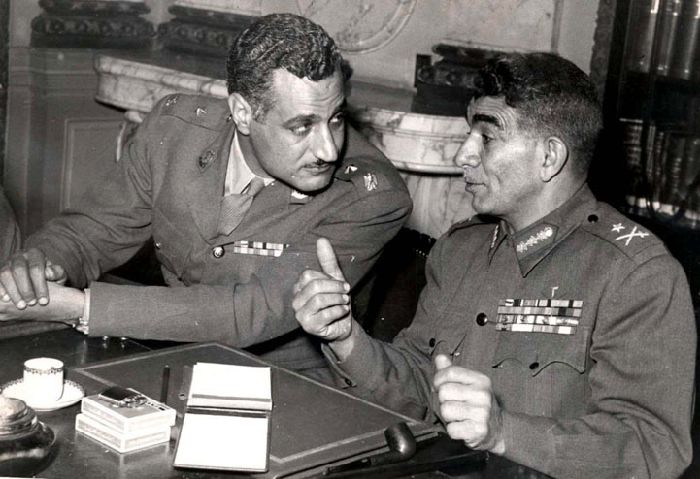 [With all the dramatic activity in Egypt, Bob Feldman's Rag Blog "people's history" series, "The Movement to Democratize Egypt," could not be more timely. Also see Feldman's "Hidden History of Texas" series on The Rag Blog.]
[With all the dramatic activity in Egypt, Bob Feldman's Rag Blog "people's history" series, "The Movement to Democratize Egypt," could not be more timely. Also see Feldman's "Hidden History of Texas" series on The Rag Blog.]
